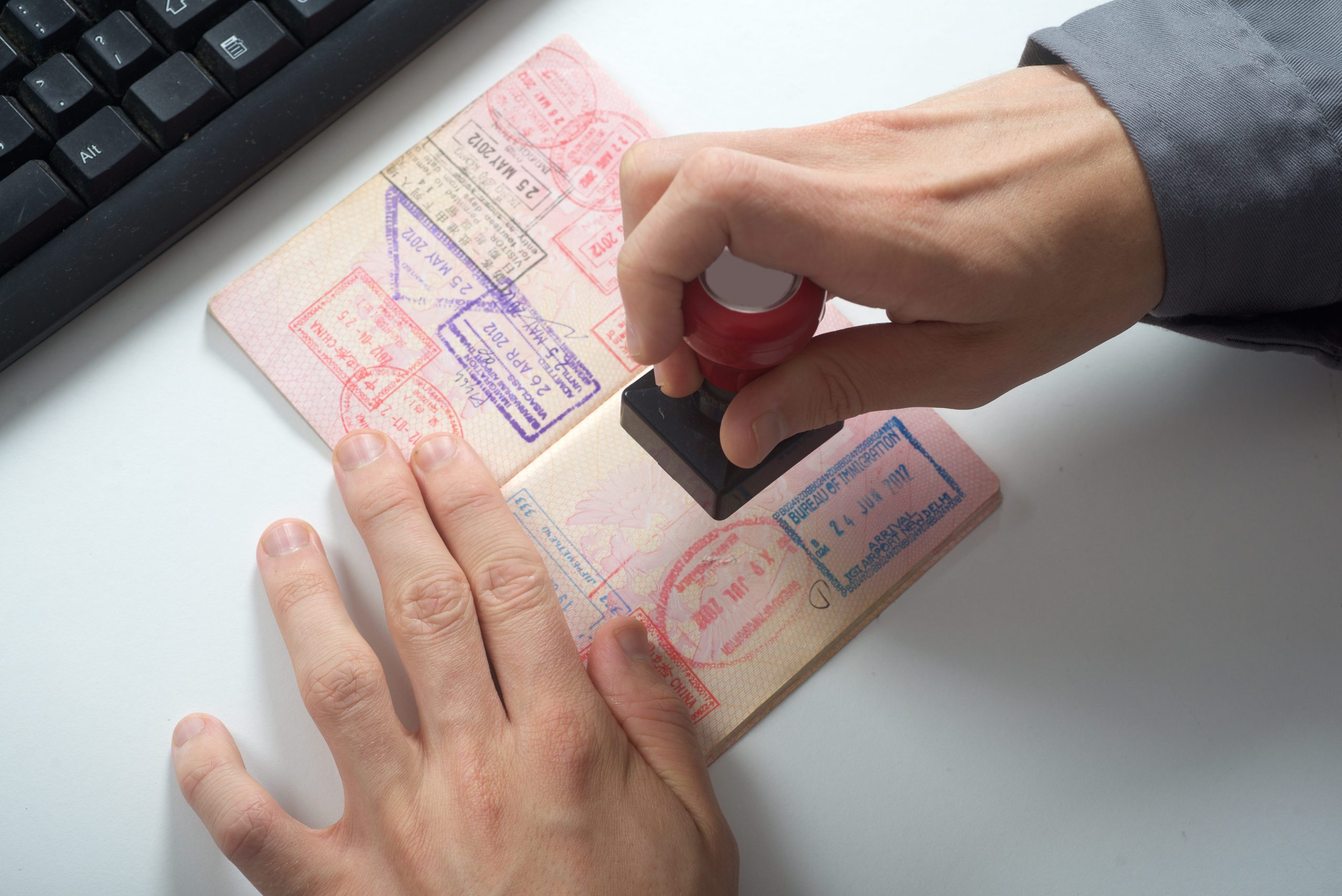Individuals willing to travel across the border are often required to obtain a visa to their destination country. Visas may vary by type (tourist, business, transit), duration, multiplicity (number of entries) and other factors.
Visa-free entry to another country – with no tiresome paperwork, interviews and other procedures – is only possible if the two countries signed a bilateral agreement. Or if one of the countries opened its border for the citizens of the other with no reciprocation expected.
Based on citizenship, your passport has more or less ‘power’ unlocking a number of countries for free entry.
What are the perks of visa-free globe trotting?
-
No need to fill out and submit applications or provide extra documents like bank certificates, employment references, letters of support, etc.
-
Your personal data remains confidential
-
You don’t pay visa fees which might set you back more than an airfare
-
You don’t waste time submitting an application and waiting for approval
-
You can make fast travel decisions and hop on short-lived offers
-
You may be able to cut the line and use fast track at border control
-
The citizens of Germany enjoy visa-free entry to 177 countries. Germans are holders of the most ‘powerful’ passport in the world
-
Caribbean citizens (Dominica, Grenada) can travel without a visa to over 110 countries including the EU and the UK. Over 130 countries if you hold a St Kitts and Nevis passport!
-
The Kingdom of Bhutan in the Himalayas charges a $250 entry fee to steer the crowds away and keep its beautiful sceneries intact
-
The UK consulates make Chinese nationals fill out a 10-page long application for a standard tourist visa
-
Nauru, the world’s third smallest country, currently imposes the largest visa fee ever registered – $8,000 for 3 months’ stay
-
US Work Visa tops the list of the most wanted visas globally
-
Vatican doesn’t have border controls or a border per se, yet you’ll need to enter through Italy to visit the Holy See.
With visa-free access, those are just fun facts for you. Get packed and book your flight deal. Hop on your next business trip or vacation right away!
Astons is a leading global immigration advisory firm with offices in London, Moscow, Dubai, Cyprus and China and offers residency & citizenship investment solutions in the UK, EU & the Caribbean.
For further information or to discuss your personal circumstances in a private consultation, please contact Astons at [email protected] or call +44 207 292 2977.













